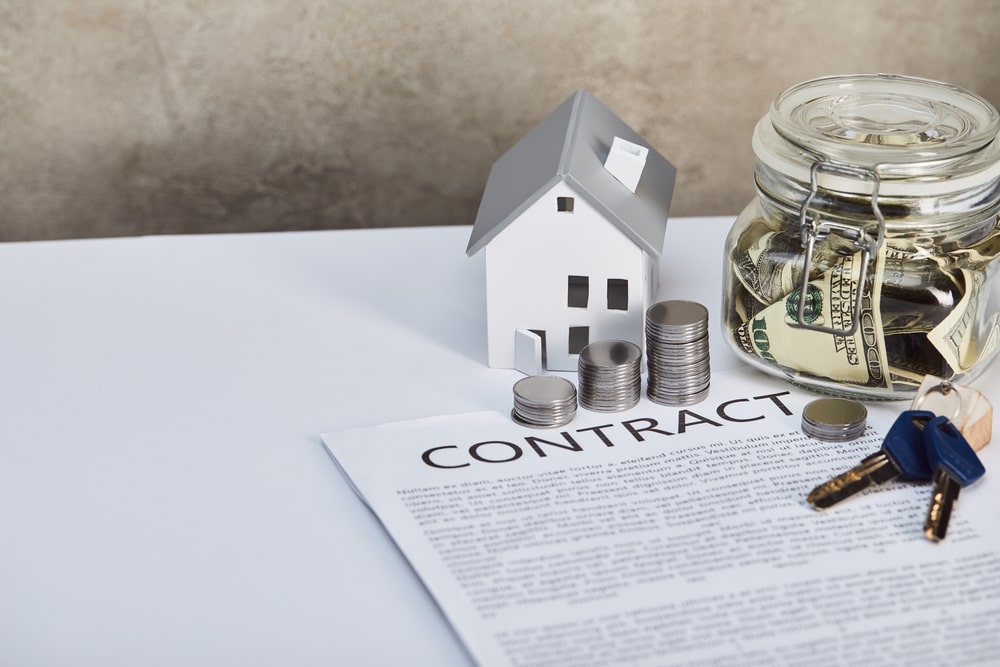
Table of Contents
Buying real estate with little or no money down may seem like a daunting challenge, especially in Canada’s competitive housing market. However, it is possible to get into the property market even if you don’t have significant savings. Here are some strategies to consider:
Leverage Seller Financing
Seller financing, also known as a vendor take-back mortgage (VTB), is when the seller of the property provides the financing rather than a traditional lender. This approach can reduce the need for a large upfront payment and often comes with flexible terms. Be sure to:
- Negotiate favorable terms with the seller.
- Ensure the agreement is legally documented by a real estate lawyer.
Use Joint Ventures
A joint venture (JV) involves partnering with others to purchase real estate. If you lack capital but can contribute skills or time—such as property management expertise—you can team up with an investor who provides the funding.
- Clearly outline roles, responsibilities, and profit-sharing terms in a legal agreement.
- Network with potential partners through real estate groups and online platforms.
Tap into Home Equity
If you already own a property, you can use a Home Equity Line of Credit (HELOC) or refinance your current home to access funds for a new purchase.
- Speak to your lender about your borrowing capacity.
- Use the equity to cover down payment or other associated costs.
Assume an Existing Mortgage
In Canada, some sellers allow buyers to assume their existing mortgage, provided the lender approves the transfer. This can save on upfront costs if the seller has a favorable loan term or low-interest rate.
- Ensure the mortgage is assumable and the lender’s criteria align with your financial situation.
Use Government Programs
Canada has several government programs to help first-time homebuyers with minimal savings, such as:
- First-Time Home Buyer Incentive: Provides 5-10% of a home’s purchase price as a shared equity mortgage.
- RRSP Home Buyers’ Plan (HBP): Allows you to withdraw up to $35,000 from your RRSP without penalty for a down payment.
Consider Private Lending
Private lenders often provide short-term loans for real estate purchases without stringent requirements. These loans can be used to bridge financing gaps.
- Be aware of higher interest rates and fees.
- Have a clear exit strategy to repay the loan or refinance later.
Lease-to-Own Agreements
A lease-to-own agreement allows you to rent a property with the option to buy it later. A portion of your rent is credited toward the eventual purchase.
- Negotiate terms, including purchase price and credited rent.
- Ensure the agreement is reviewed by a legal professional.
Crowdfunding and Real Estate Investment Groups
Real estate crowdfunding platforms and investment groups allow you to pool resources with others to buy property. While you may not own the property outright, it provides a way to invest in real estate without a significant upfront cost.
- Research platforms or groups carefully to ensure credibility.
- Understand the terms of ownership and returns.
Negotiate Seller Concessions
Some sellers are willing to cover closing costs or offer incentives to close a deal quickly. This can reduce your out-of-pocket expenses.
- Work with an experienced real estate agent to identify motivated sellers.
- Include these concessions as part of your negotiation strategy.
Final Thoughts
While buying real estate with no money down requires creativity, it’s important to approach these strategies with caution. Ensure all agreements are legally documented and consult with professionals, including real estate agents, lawyers, and financial advisors. By leveraging these methods, you can enter Canada’s real estate market and start building wealth through property.
